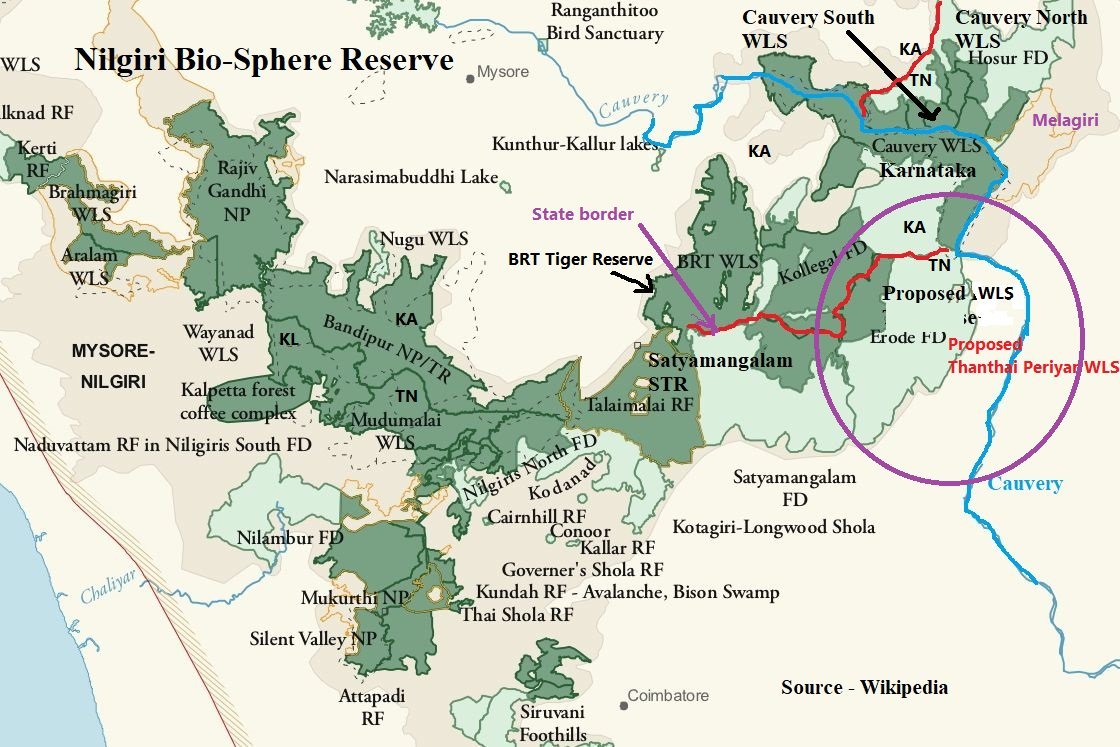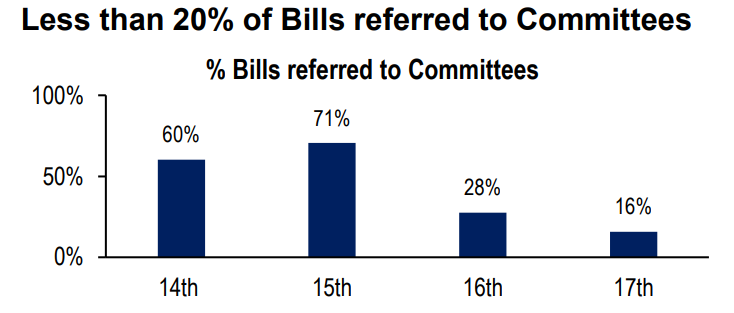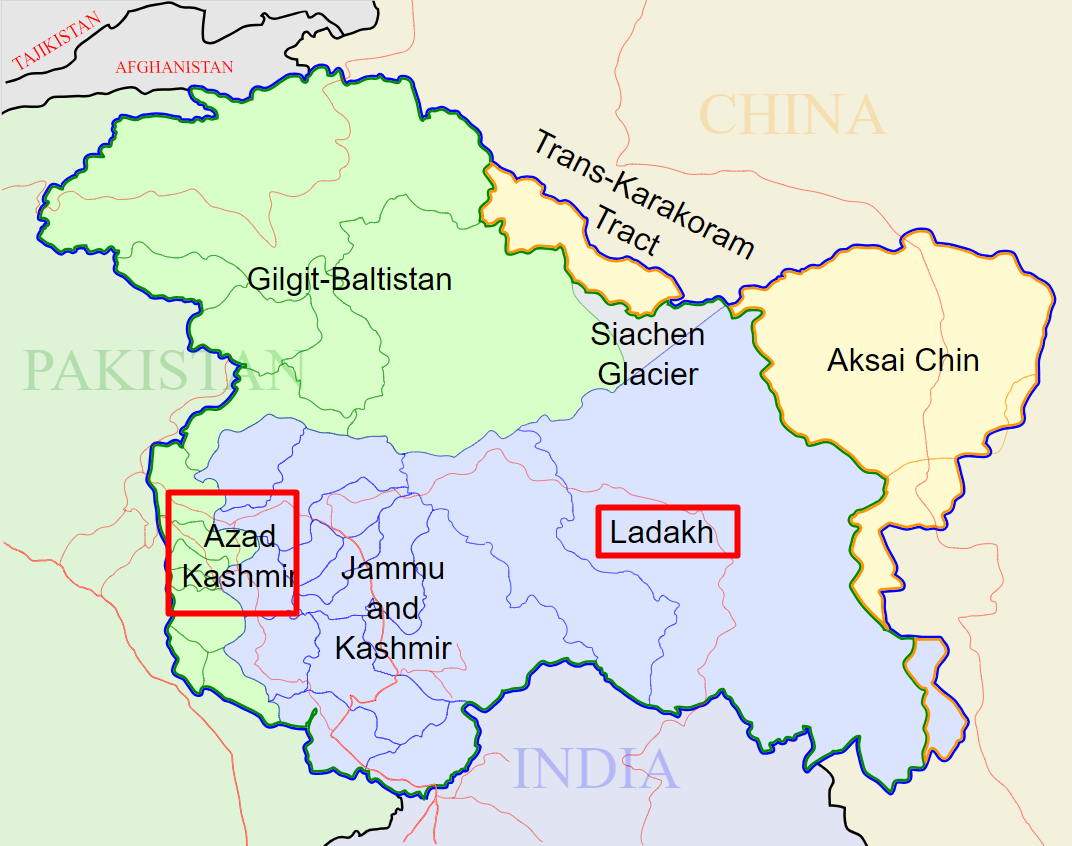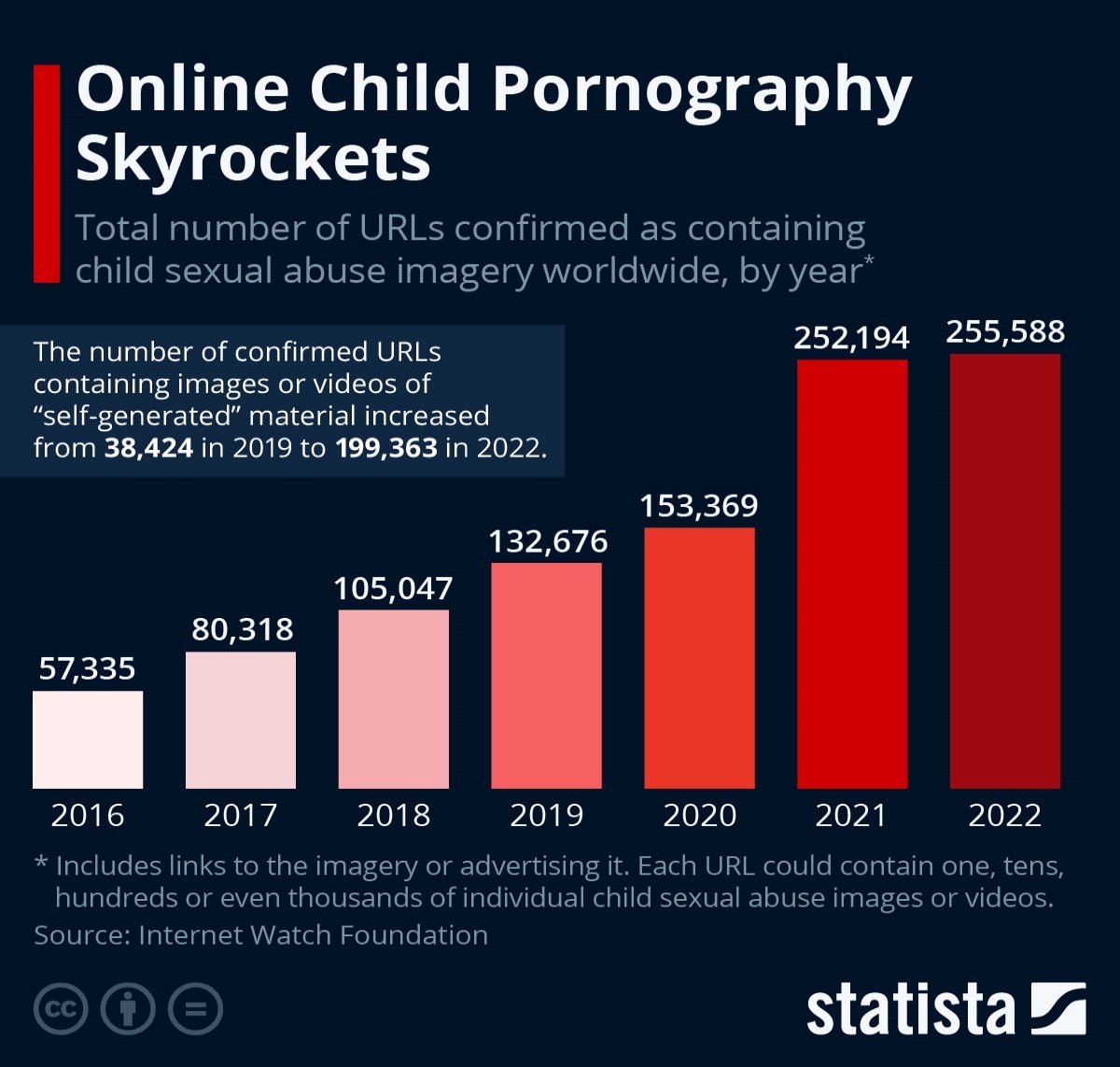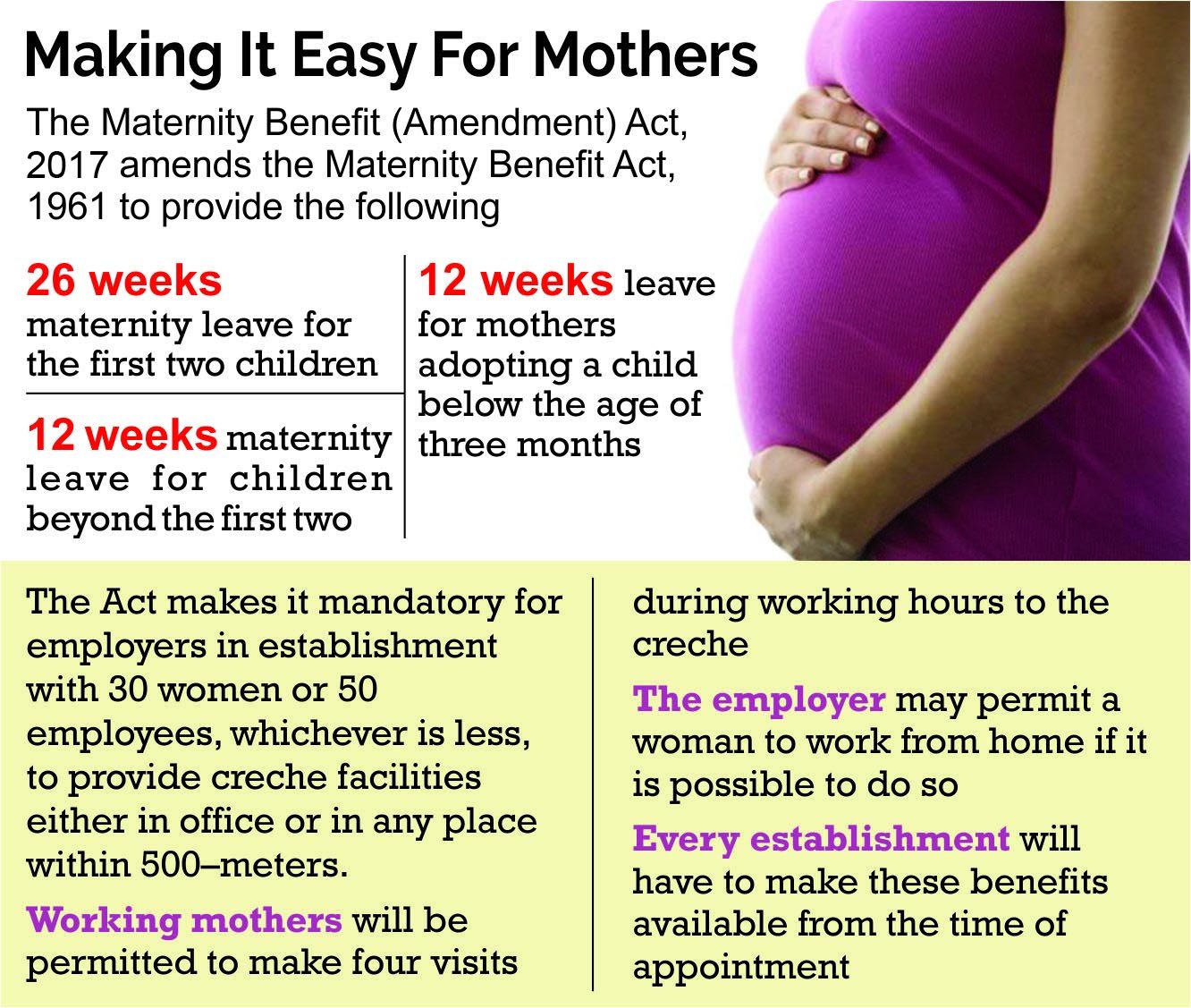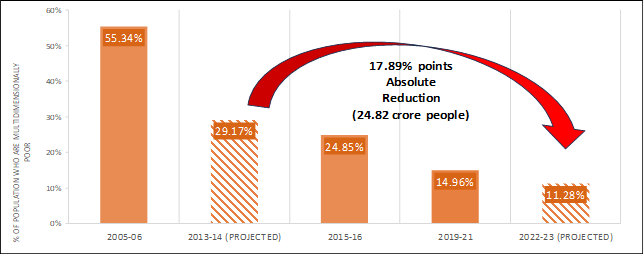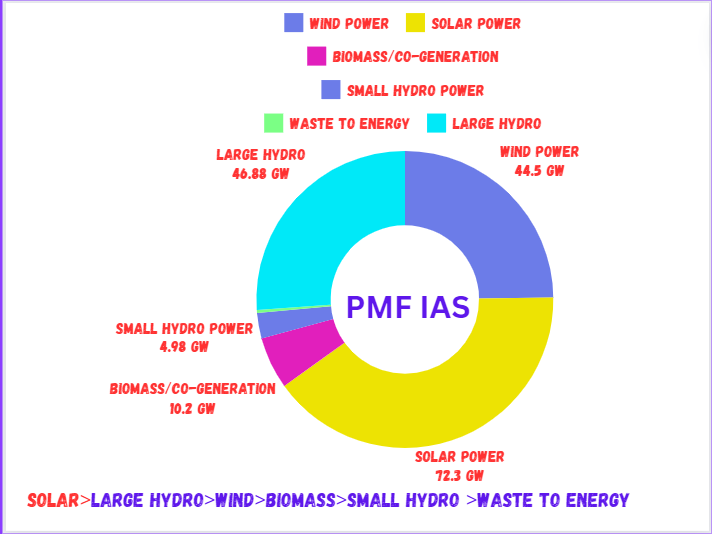
Reforms in the Office of Governor
Subscribers of "Current Affairs" course can Download Daily Current Affairs in PDF/DOC
Subscribe to Never Miss an Important Update! Assured Discounts on New Products!
Must Join PMF IAS Telegram Channel & PMF IAS History Telegram Channel
- Context (TH): During a recent visit to the Calicut University campus, the Governor of Kerala instructed the police to remove posters against him.
- There have been friction points recently between the state governments and the governor.
Constitutional Provisions related to the office of the Governor
Discretionary powers of the governor
- Article 167: Can seek information from the CM about state administrative and legislative matters.
- Article 200: Can reserve a Bill for the President’s consideration.
- Article 356: Can recommend the President to impose President’s rule on failure of constitutional machinery.
- He/she is not bound to act on the aid and advice of CM and COM while performing his/her duties as the administrator of a neighbouring union territory (in case of an additional charge).
- The Governor can appoint a chief minister when no party has a clear-cut majority.
- The caretaker government can be appointed temporarily until a regular government is elected or formed.
- The Governor can dismiss the council of ministers when it cannot prove the confidence of the state legislative assembly.
- The Governor can dissolve the state legislative assembly when the council of ministers lose their majority.
Immunity to the office of the Governor
- He enjoys personal immunity from legal liability for his official acts.
- During his term of office, he is immune from any criminal proceedings, even for his acts.
- He cannot be arrested or imprisoned.
- However, after giving two months’ notice, civil proceedings can be instituted against him during his term of office in respect of his acts.
Concerns related to the office of the Governor
Appointment of Governor
- The elected government at the state level is not even consulted while making appointments to the governors.
- Governments have reduced this crucial constitutional office to a secure resting place for loyal politicians and bureaucrats.
Appointment and dismissal of the Chief Minister
- After elections in the state, there is a convention to invite the largest party to form a government. This convention has been flouted many times at the governor’s whim.
Reservation of Bills for the Consideration of the President
- The chief intent of this provision is for the centre to keep a tab on the legislation in the nation’s interest.
- However, through the governor’s office, the central government has used this provision to serve partisan interests.
Misuse of Article 356
- Article 356 (President’s Rule) is the most controversial article of the IC. In the Constituent Assembly, Ambedkar said that Article 356 would be applied as a last resort. He also hoped that ”such articles will never be called into operation and would remain a dead letter.”
Removal of the Governor
- It is the central government that appoints and removes the Governors. Hence the governor has no security of tenure and no fixed term of office.
- For example, there is a mass change in state governors whenever a new government comes to power at the Centre.
SC on improving the Governor’s office
In BP. Singhal v. Union of India
- The President has the power to remove a Governor without giving him or her any reason and without granting an opportunity to be heard. This power cannot be exercised arbitrarily or unreasonably.
- A decision to remove a Governor can be challenged in a court of law.
SR Bommai vs. Union of India, 1994
- The case was about limiting the Governor’s powers in dismissing a state government under Article 356 of the Constitution.
- SC: The floor of the Assembly is the only forum that should test the majority of the government, not the Governor’s subjective opinion.
Rameshwar Prasad Case, 2006
- On the validity of the President’s Rule’s proclamation and the Assembly’s dissolution in Bihar in 2005.
- The SC said the Governor could not decide based on his subjective assessments and that the motivated and whimsical conduct of the Governor is amenable to judicial review.
Nabam Rebia vs. Deputy Speaker (2016)
- The Governor had gone against the advice of the State Cabinet and called the session of the Legislative Assembly at an earlier date (against the recommended date).
- SC: The Governor does not enjoy broad discretionary powers and is always subject to Constitutional standards.
- The Governor’s discretion was not extended to the powers conferred under Article 174.
- Hence, he could not summon the House, determine its legislative agenda or address the legislative assembly without consultation.
|
Kaushal Kishor v. State of Uttar Pradesh (2023)
- Questions relating to disparaging comments by public functionaries came up for consideration before the SC.
- The Court said that the freedom of expression of public functionaries could not be curtailed other than by the “reasonable restrictions”, as permitted by Article 19(2) of the IC.
Recommendations by Various Commissions
Rajamannar Committee (1969)
- The governor of the state should not consider himself an agent of the centre but play his role as the constitutional head of the State.
Sarkaria Commission (1988)
-
On appointment of governors
- CM should be consulted in the Governor’s appointment.
- The governor should be eminent in some walks of life and from outside the state.
- He should be a detached figure without intense political links or should not have taken part in politics in the recent past.
- He should not be a member of the ruling party.
-
On Removal of Governor
- Governors should not be sacked before their five-year tenure except in “rare and compelling” circumstances.
- Removal procedure must allow the Governors to explain their conduct.
- Governors should be informed of the grounds for their removal.
-
Use of Article 356
- This article should be used sparingly and as a last resort.
- It can be invoked only in the event of political crisis, internal subversion, physical breakdown, and non-compliance with the Constitutional directives of the Centre.
- An alternate course of action must be explored before invoking it.
Venkatachaliah Commission (2002)
- It is also known as the National Commission to Review the Working of the Constitution (NCRWC).
- The Governor should be appointed by a committee comprising the Prime Minister, Home Minister, Speaker of Lok Sabha, and the Chief Minister of the state concerned.
- Governors should be allowed to complete their five-year term. If they are removed before the completion of their term, it should be done only after consultation with the Chief Minister.
2nd Administration Reform Commission (ARC) (2005)
- It recommends Appointment of non-partisan persons with long experience in public life and administration as state governor.
- The Inter-State Council needs to develop guidelines for governors to follow when using their discretionary power.
The Punchhi Commission (2010)
- The convention of making the governors chancellors of universities should be done away with.
- In Kerala, the State Assembly passed a Bill to abolish the Governor’s chancellorship. The Governor did not permit it and referred the Bill to the President.
- Articles 355 and 356 should be amended to allow the GOI to bring specific troubled areas under its rule for a limited period instead of the whole State.
- The phrase “during the pleasure of the President” must be deleted from the IC.
- The State Legislature should be empowered to remove the governor through a resolution (similar to the process of impeachment of the President by the Parliament).
Way Forward
- Code of Conduct for Governor: It should lay down certain ‘norms and principles’ that should guide the governor’s ‘discretion’ and the powers he is entitled to use and exercise in his judgment.
- The Punchhi and Sarkaria Commissions had recommended that the Governors not be burdened with positions and powers beyond their constitutional domain. This was done to shield the high office of the Governor from needless public controversies.
- The Governor should not act as the agent of the political party in power at the Centre but act as a link between the State and the Union Government.
- Governors must be legally prohibited from further rehabilitation in any official capacity, or there should be a mandatory cooling-off period.

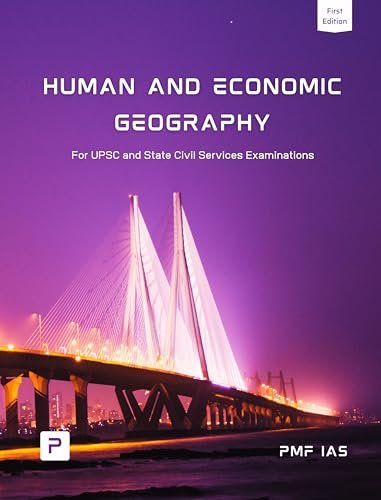


![PMF IAS Environment for UPSC 2022-23 [paperback] PMF IAS [Nov 30, 2021]…](https://pmfias.b-cdn.net/wp-content/uploads/2024/04/pmfiasenvironmentforupsc2022-23paperbackpmfiasnov302021.jpg)
